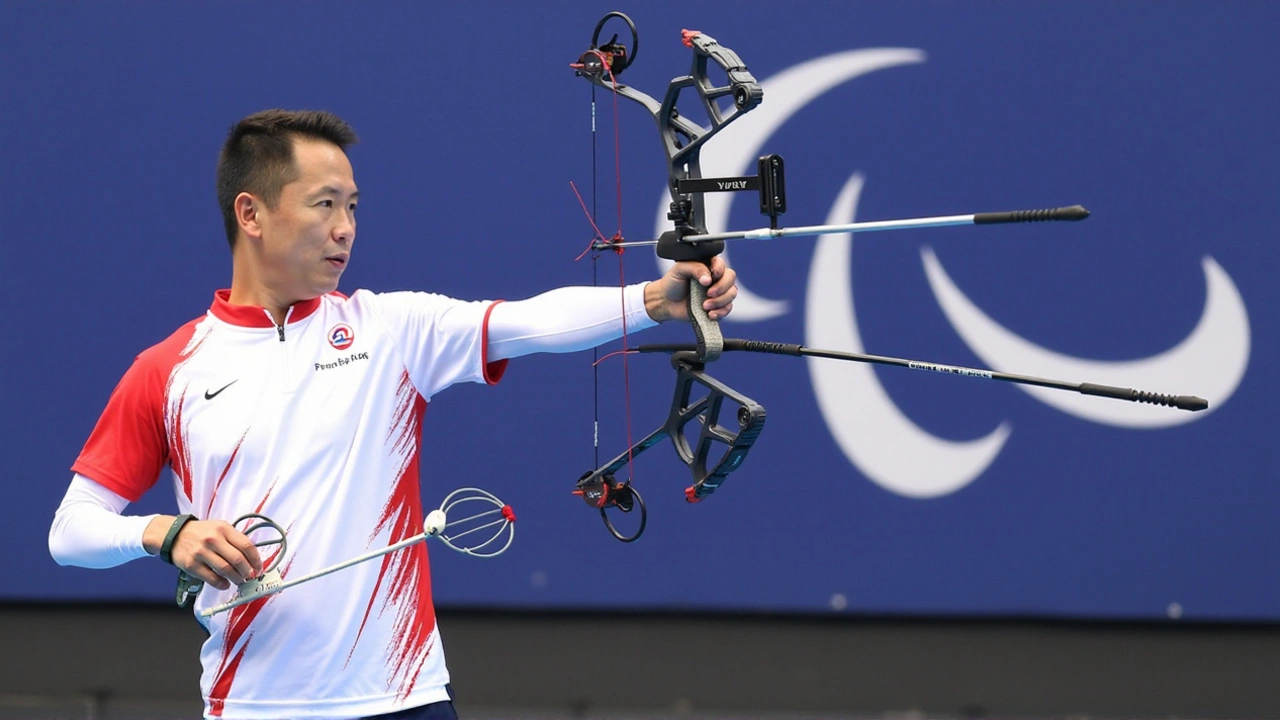Discover the Power of Disability Sports and What Makes Them Unique
Disability sports are not just about competition—they’re about showing strength, breaking barriers, and bringing people together. Whether it's wheelchair basketball, para swimming, or adaptive tennis, these sports give athletes with disabilities a platform to shine and compete on their terms. Ever wondered how disability sports differ from traditional sports? Let’s break it down.
Unlike conventional sports, disability sports often include specific equipment or modified rules to suit the needs of participants. This might mean using specialized wheelchairs, prosthetics, or allowing different methods to score points. The key is to create a level playing field where skill and determination matter most, not the disability itself.
Why Disability Sports Matter in Our Communities
These sports help change the way people see disability. They show that being an athlete isn’t about having no limits—it’s about pushing past whatever challenges come your way. Local clubs and international events like the Paralympics inspire millions, proving how far inclusive sports can go. Plus, they encourage physical fitness, social connections, and mental wellbeing for everyone involved.
Getting Involved and Supporting Disability Sports
Interested in trying out disability sports or supporting your local para-athletes? Start by checking out community organizations or adaptive sports programs near you. Many resources exist to provide coaching, equipment, and events open to newcomers. If you’re a fan, attending games or following online broadcasts helps spread the word and celebrates these athletes' incredible talents.
Disability sports show us a different side of competition—one filled with heart, resilience, and unity. So next time you hear about a wheelchair marathon or a blind soccer match, know it’s not just a game, it’s a powerful reminder of how sport connects us all.
Inspiring Journey: Yuya Oe's Transition from Baseball to Paralympics Archery
Yuya Oe, a public servant from Kurashiki, Japan, overcame severe physical challenges and transitioned from a high school baseball player to a para archer. After suffering multiple cerebral hemorrhages that left his right side paralyzed, Oe discovered compound para archery. Despite failing to qualify for Tokyo 2021, his dedication led him to compete in the Paris Paralympics, where he strives to be a role model for his children.

